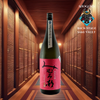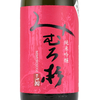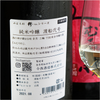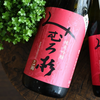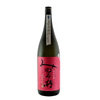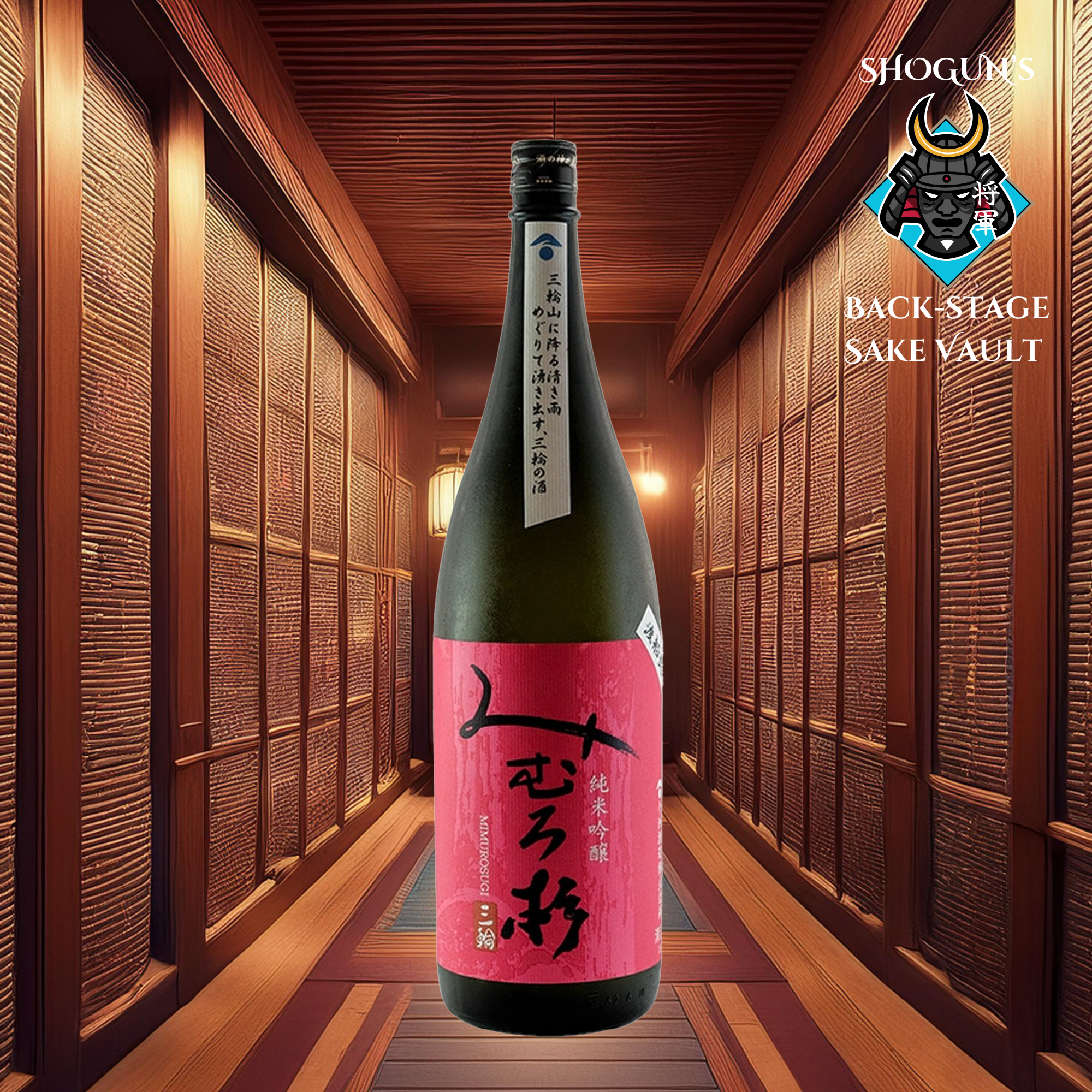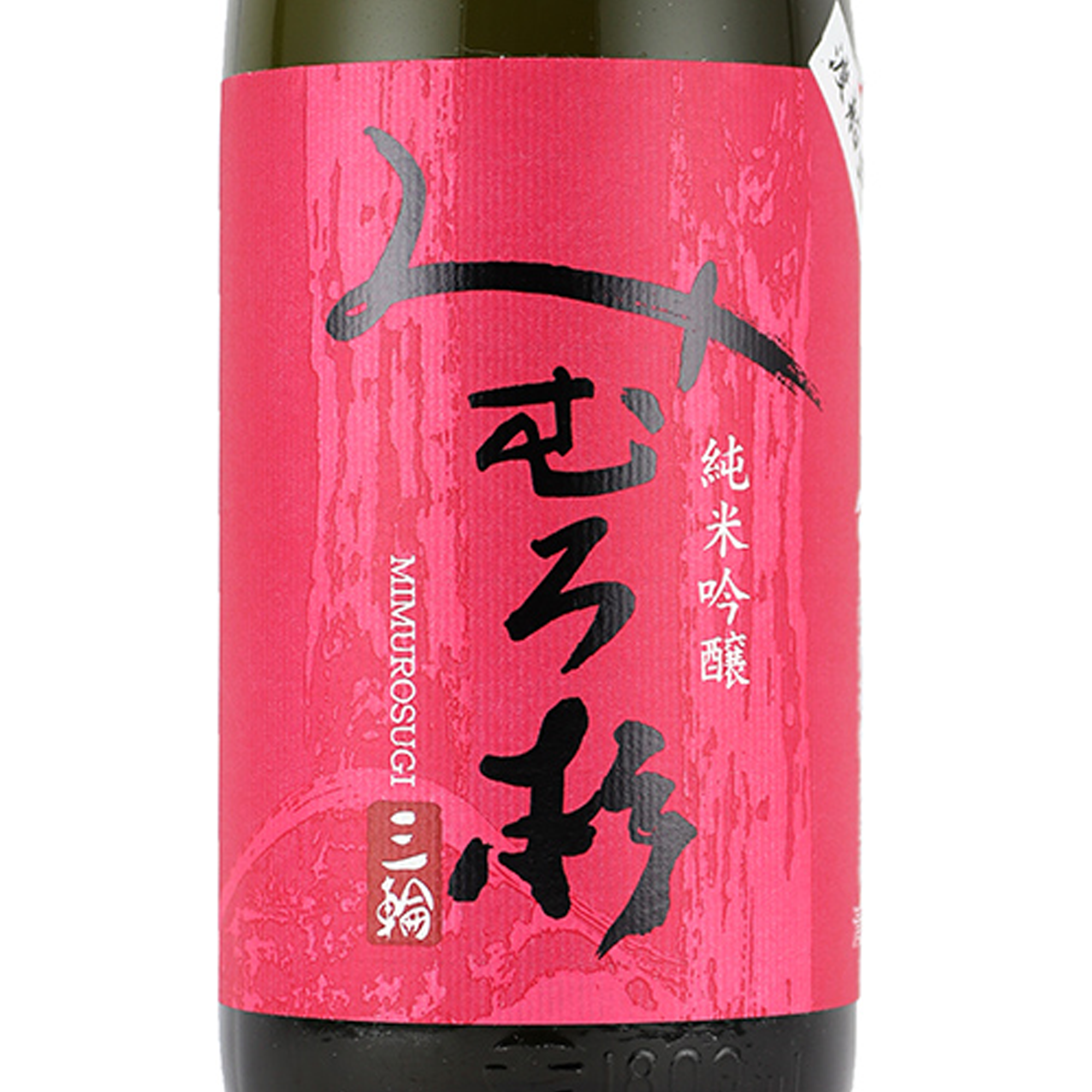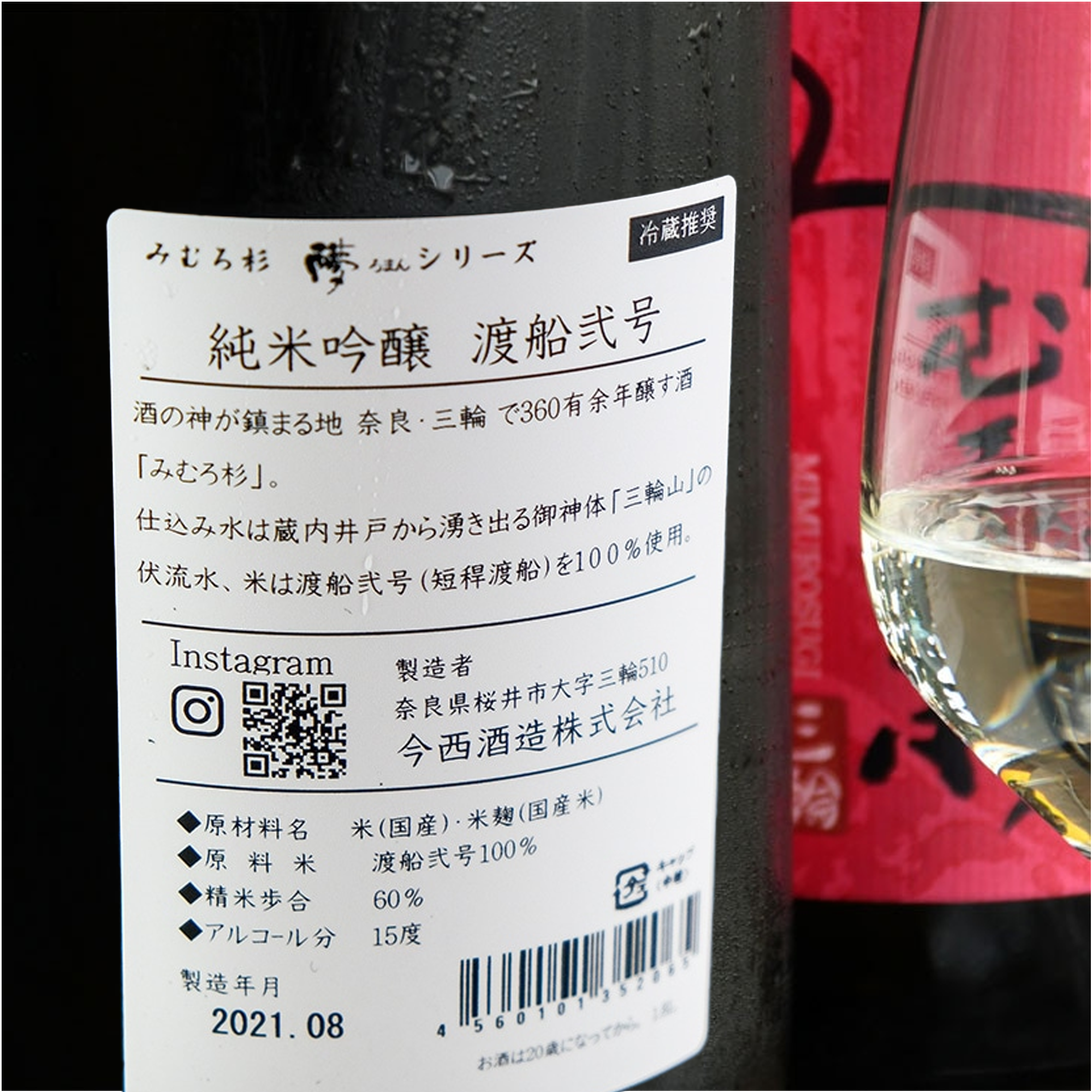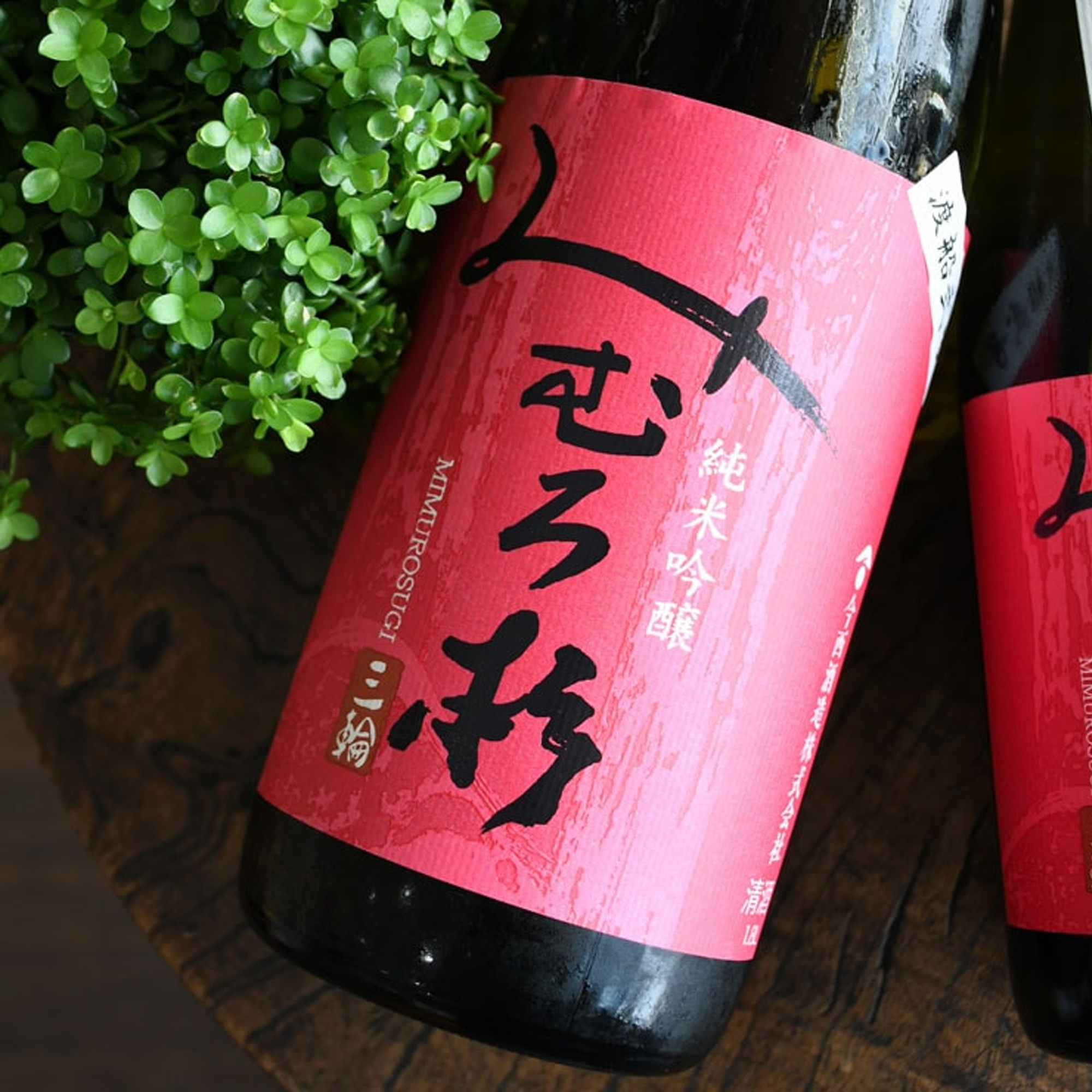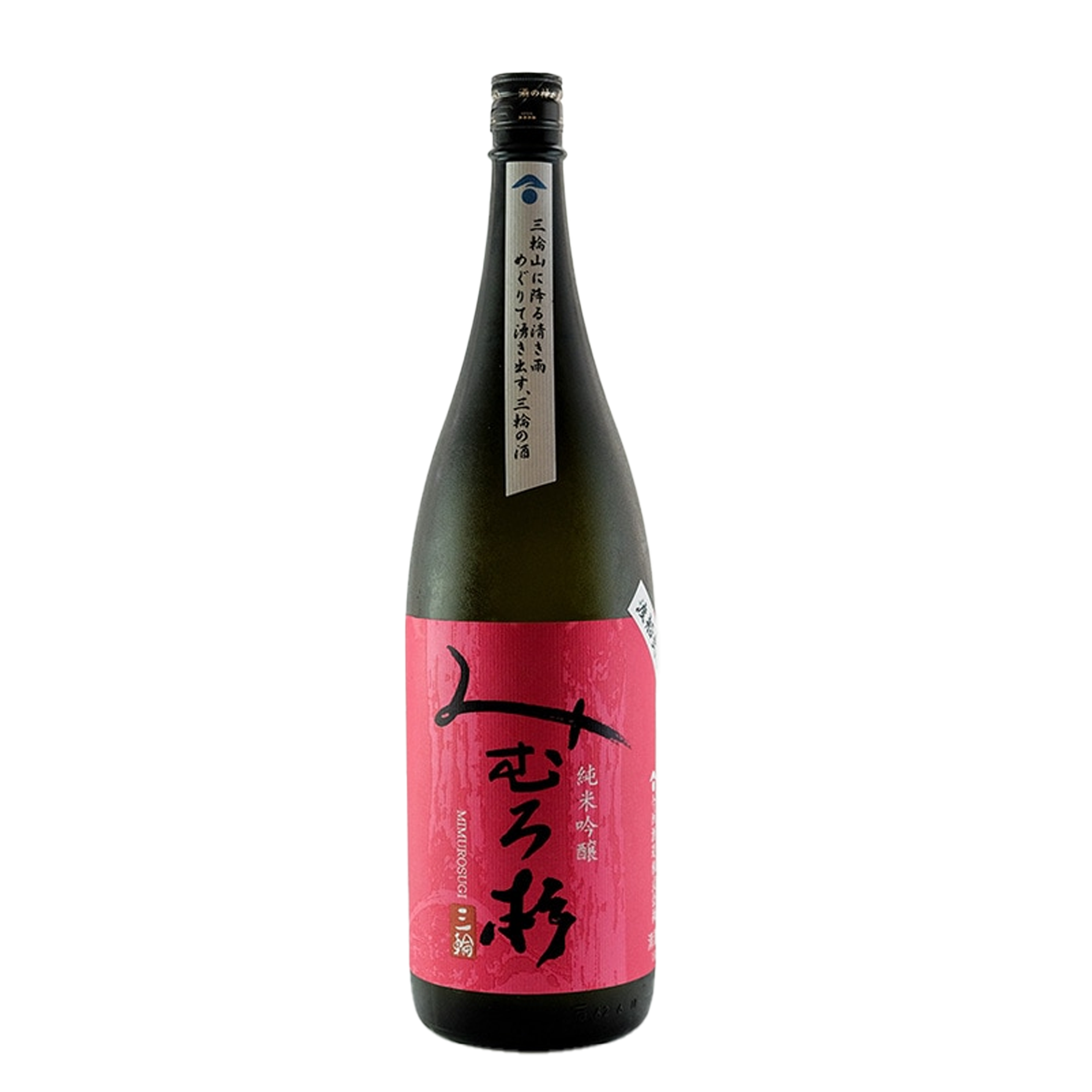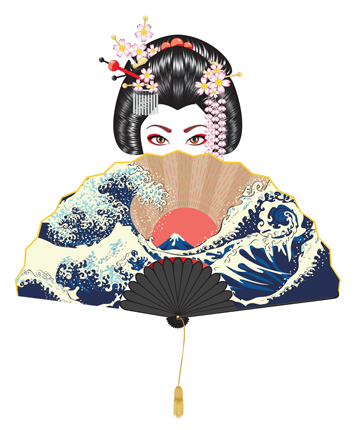Imanishi Shuzo 今西酒造
A unique historical style of Sake which is carried on by Imanishi brewery is the Bodaimoto brewing method, once written about in detail in Japan’s first record of sake brewing, the Mishu No Nikki and native to the Nara region. This brew is made through a traditional method of lactic acid propagation and only with locally cultivated Hitomebore rice, fermented in traditional style barrels made with Yoshino Cedar from Mount Miwa. The Bodaimoto is a dedication to nature, within each bottle exists the commitment to nature and the abundance which it provides with little human technological intervention.





